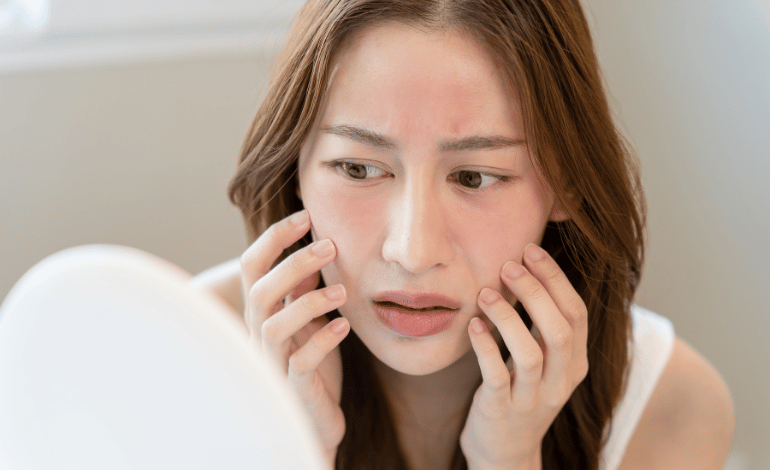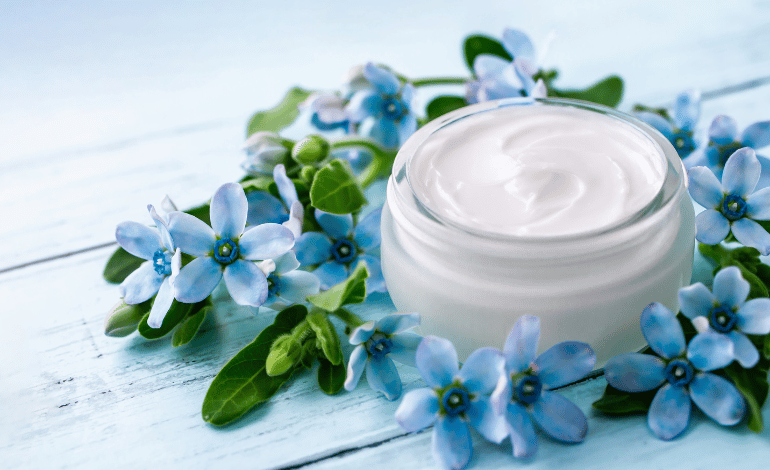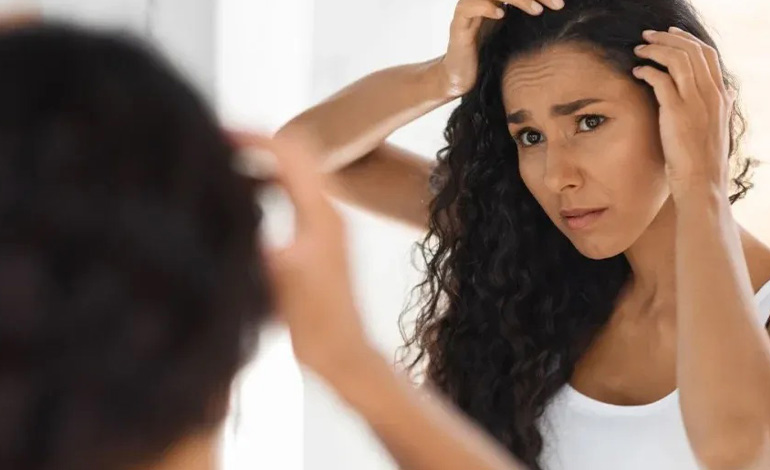5 Surprising Reasons Why Your Hair Isn’t Growing
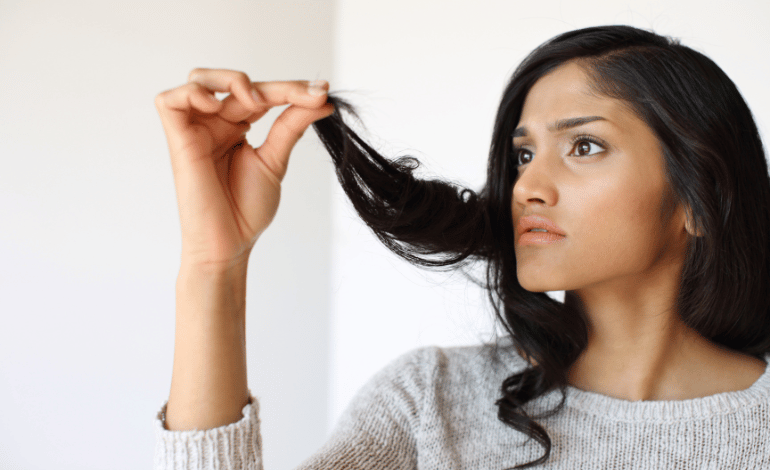
5 Surprising Reasons Why Your Hair Isn’t Growing: Are you struggling with slow or stunted hair growth? Have you tried every hair growth product on the market with no success? If so, you’re not alone. Many people experience frustration and disappointment when their hair fails to grow as quickly as they’d like. The good news is that there may be some surprising reasons behind your hair growth struggles. In this article, we’ll explore five possible culprits that could be preventing your hair from growing and provide tips to help you overcome them.
The Role of Genetics
Unfortunately, some people are simply genetically predisposed to slower hair growth than others. If you have a family history of slow-growing hair, you may be more likely to experience the same issue. While you can’t change your genetics, there are some things you can do to support healthy hair growth. Eating a balanced diet, minimizing heat styling, and avoiding harsh chemicals and treatments can all help improve the overall health of your hair.
Stress and Hair Loss
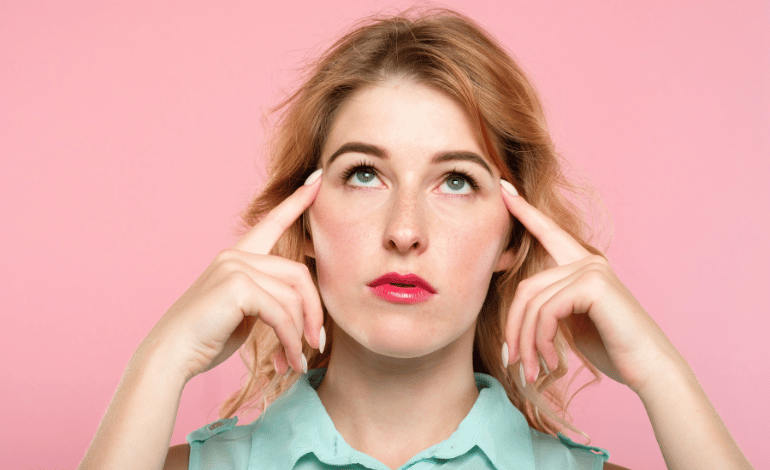
Chronic stress can also take a toll on your hair health. When you experience stress, your body produces a hormone called cortisol, which can disrupt the normal hair growth cycle. This can lead to thinning or shedding of the hair. If you’re experiencing high levels of stress, try to find ways to manage it. Exercise, meditation, and therapy can all be helpful in reducing stress and promoting overall health.
Nutrition and Hair Health
Your diet can also play a role in hair growth. A diet that’s lacking in essential nutrients, such as protein, iron, and biotin, can lead to slow or stunted hair growth. Make sure you’re eating a balanced diet that includes plenty of fruits, vegetables, lean proteins, and healthy fats. Additionally, consider taking a hair growth supplement that contains biotin, vitamin D, and other hair-healthy nutrients.
Hormonal Imbalances
Hormonal imbalances can also impact hair growth. Conditions such as thyroid disorders, polycystic ovary syndrome (PCOS), and menopause can all cause changes in hormone levels that can lead to hair loss or slow growth. If you suspect that a hormonal imbalance may be affecting your hair growth, talk to your healthcare provider. They may be able to recommend treatments or medications that can help regulate your hormones and promote hair growth.
Over styling and Heat Damage
Finally, over styling and heat damage can take a toll on your hair health. Using hot tools, such as curling irons and flat irons, on a regular basis can cause breakage and damage to the hair. Additionally, tight hairstyles, such as braids and ponytails, can pull on the hair and lead to hair loss. If you’re experiencing slow hair growth, consider giving your hair a break from heat styling and opting for more natural hairstyles. You can also use heat protectant products to minimize damage when you do style your hair.
Conclusion
If you’re struggling with slow hair growth, it’s important to remember that there may be several underlying factors at play. Genetics, stress, nutrition, hormonal imbalances, and overstyling can all impact your hair health and growth. By making some lifestyle changes, such as eating a healthy diet, managing stress, and minimizing heat styling, you may be able to support healthier hair growth over time.
FAQs
Q1. How can I tell if my hair is growing slowly?
Ans. If your hair is not growing at the average rate of 0.5 inches per month, it may be growing slowly. You can also track your hair growth progress by measuring the length of your hair every month.
Q2. Can stress cause hair loss?
Ans. Yes, high levels of stress can disrupt the normal hair growth cycle and lead to hair loss.
Q3. Are there any supplements that can help with hair growth?
Ans. Yes, biotin, vitamin D, and iron are all important nutrients for hair growth. Hair growth supplements that contain these nutrients can help support healthy hair growth.
Q4. Can over styling really cause hair loss?
Ans. Yes, over styling can cause hair breakage and damage, which can lead to hair loss over time.
Q5. How long does it take to see results from lifestyle changes for hair growth?
Ans. It may take several months to a year to see significant results from lifestyle changes for hair growth. Consistency is key, and it’s important to make healthy habits a part of your daily routine.
Remember, if you’re struggling with slow hair growth, don’t get discouraged. With the right lifestyle changes and patience, you can support healthy hair growth over time. By addressing the underlying factors that may be affecting your hair health, you can promote stronger, healthier hair that grows at a faster rate. So, start taking care of your hair today and watch it flourish!


